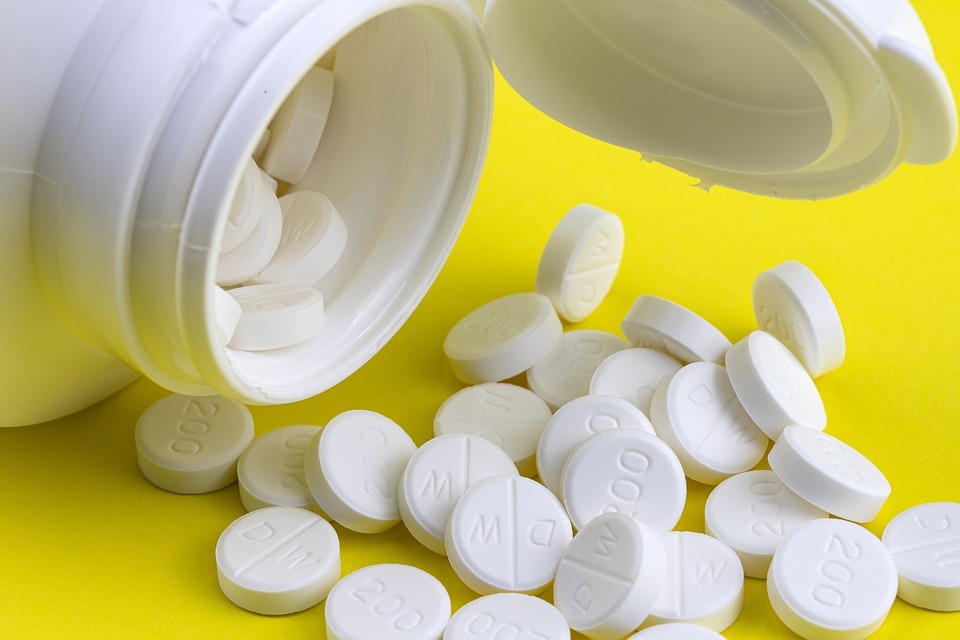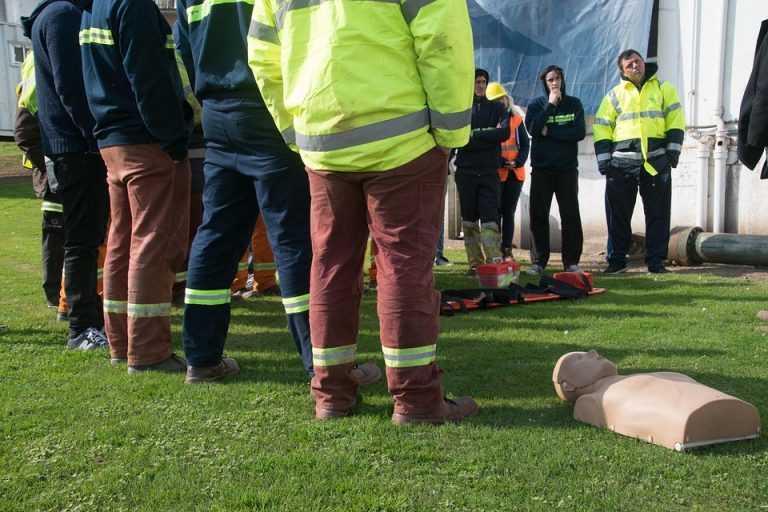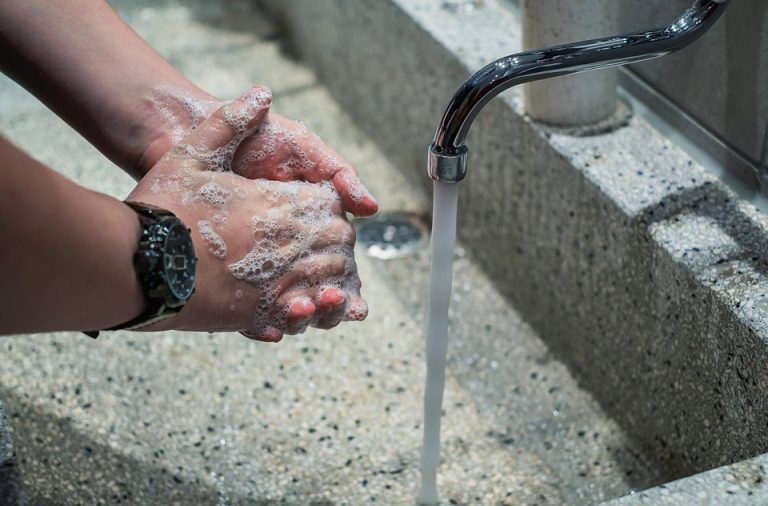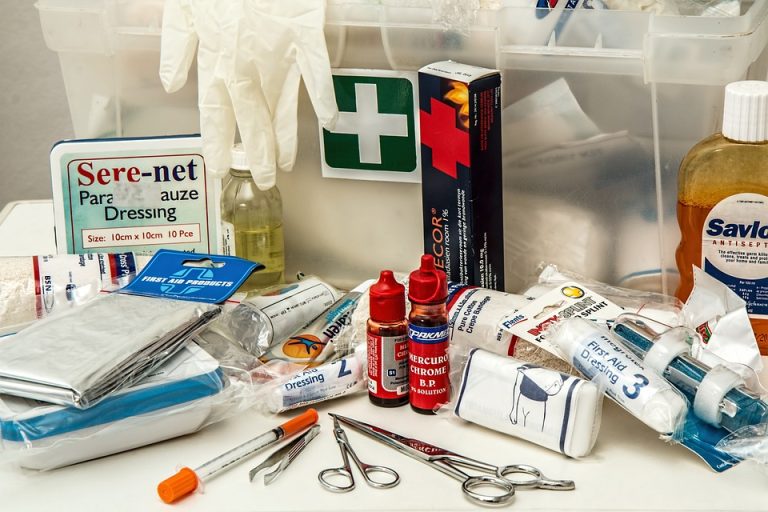Having quick and reliable access to essential medicine in an emergency can be a matter of life and death. Whether you’re preparing for a natural disaster, a medical emergency, or simply want to be proactive about your health, there are several options to ensure you have the necessary medicine available when you need it the most. Here, we explore some practical strategies to safeguard your health in emergencies.
Emergency Medical Kits
Assemble a well-stocked emergency medical kit containing essential medications, bandages, and first aid supplies. Customize it based on your family’s specific needs, considering any chronic conditions or allergies. Ensure that medications are within their expiration dates and update the kit regularly.

Pharmacy Auto-Refill Services
Take advantage of pharmacy auto-refill services to receive your prescription medications on a regular schedule. This option ensures a steady supply of essential drugs, and many pharmacies offer delivery services, making it convenient for individuals with limited mobility or transportation during emergencies.
Telemedicine and Prescription Delivery Apps
Explore telemedicine services that allow you to consult with healthcare professionals remotely. Some platforms also offer prescription delivery services, providing a convenient way to receive necessary medications without leaving your home. This option is particularly useful during quarantine situations or when mobility is restricted.
One service that may fit your needs is Contingency Medical. This service provides a way to proactively acquire some basic medicines that you may anticipate needing based on your lifestyle.
Medication Mail Order Services
Many pharmacies offer mail-order services that allow you to receive a 90-day supply of your medications through the mail. This can be a practical option for those with chronic conditions, ensuring a consistent supply even if local pharmacies are temporarily inaccessible.
Emergency Medicine Refills
Familiarize yourself with your pharmacy’s policy on emergency prescription refills. In certain situations, pharmacies may provide a short-term supply of essential medications without a doctor’s prescription. Check with your healthcare provider to understand the process and requirements for emergency refills.
Medical Alert Systems
For individuals with chronic conditions or specific medical needs, medical alert systems can be invaluable. These devices often come with the option to store medical information and emergency contacts, ensuring that first responders have crucial information about your health and medication requirements.
Conclusion
In times of crisis, preparation is key. By exploring these options and tailoring them to your specific needs, you can take proactive steps to ensure that essential medications are readily available during emergencies. Whether through well-stocked emergency kits, pharmacy services, or technological solutions, safeguarding your health should always be a top priority. Remember to regularly review and update your emergency plan to adapt to changing health needs and circumstances.



